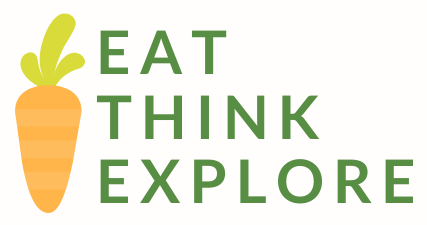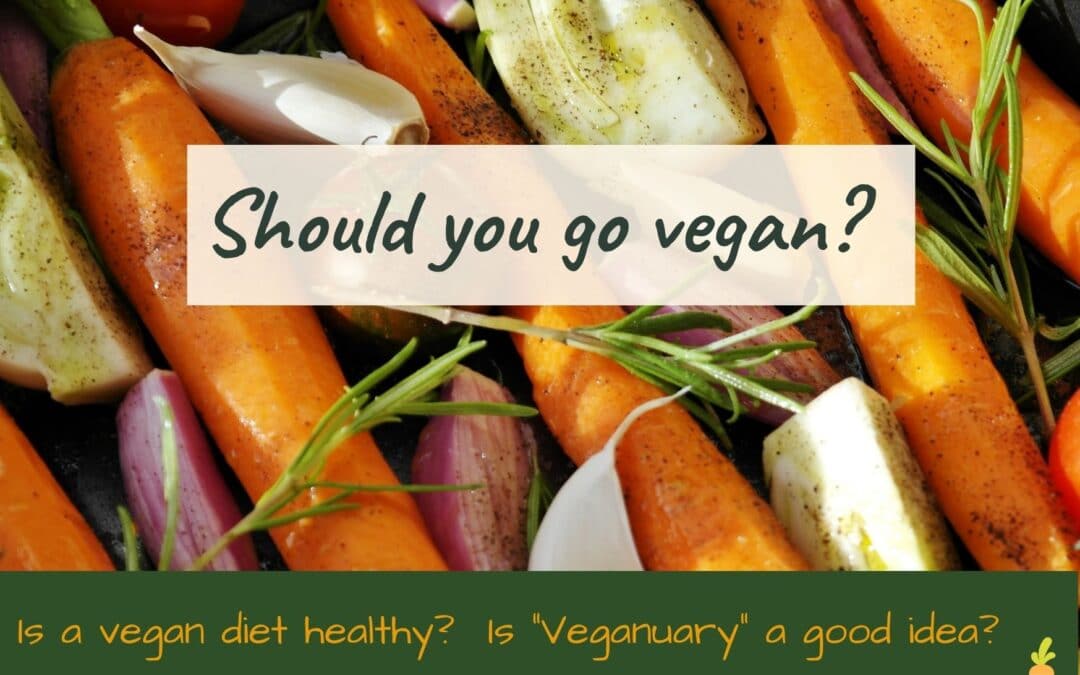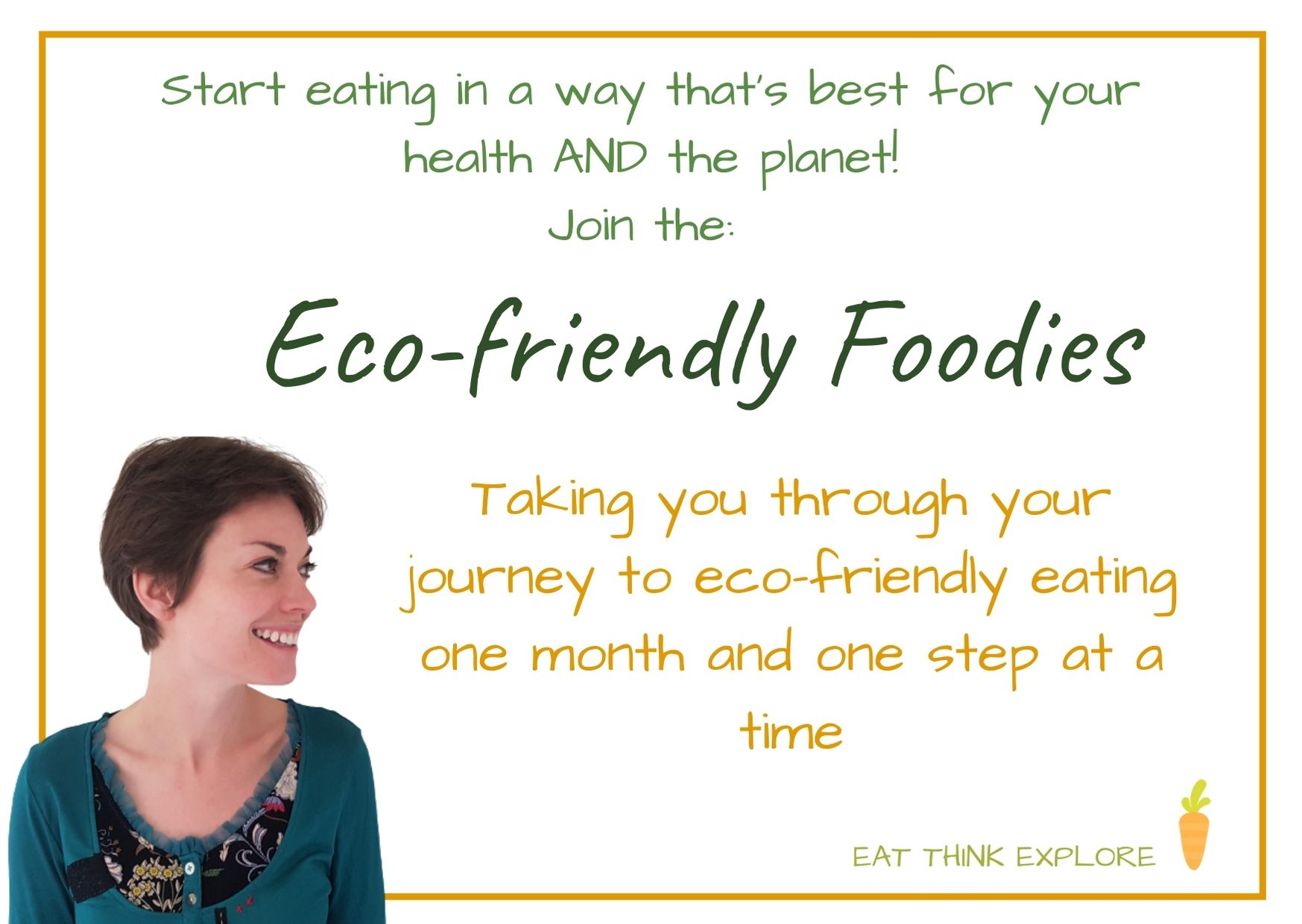Ever wondered “should I go vegan?” Or planning on doing Veganuary this year? January always sees a reduction in meat consumption as people attempt ‘Veganuary’ – a month of trying to be Vegan.
There are a few things to think about before you get started, as any diet change comes with side effects and consequences. You should be sure that you’re doing it for the right reasons…
So before you run off to the supermarket for some jackfruit and vegan chocolate, let me take you through the things you should consider…
What is a vegan diet? What are you giving up?
The original creators of the vegan diet, the Vegan Society, define veganism as seeking to end “the use of animals by man for food, commodities, work, hunting, vivisection, and by all other uses involving exploitation of animal life by man.”[5]
Put a little more simply, in addition to not eating meat, vegans also refrain from eating dairy products (milk, cheese, butter, cream, yoghurt), eggs, honey and anything else that originally comes from animals. They also don’t use animal products, which includes things like leather and even wool and silk.
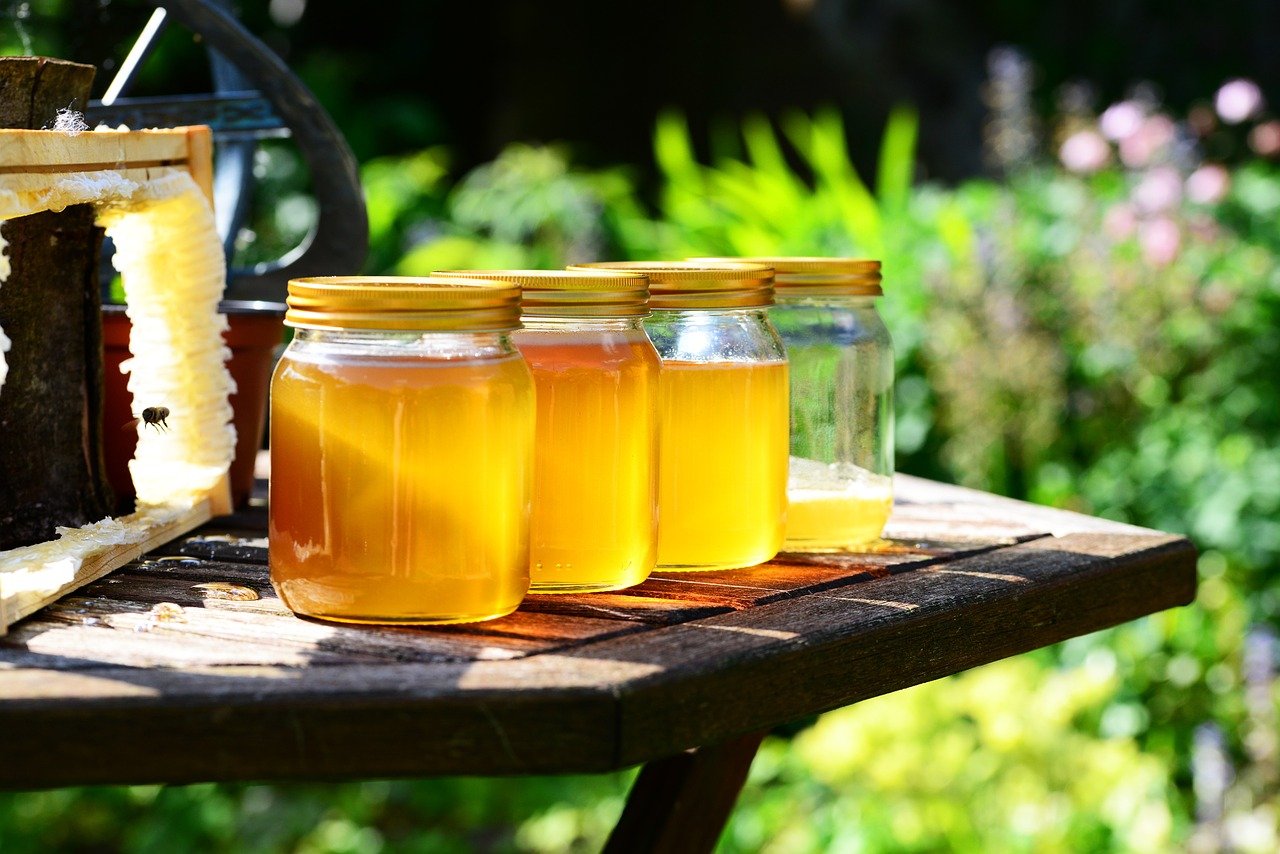
Why are you doing this?
Stop and think for a moment. There are generally four reasons why people start something like ‘Veganuary’
- Are you jumping on the bandwagon because, as with things like, ‘Movember’, and ‘Stoptober’, it seems like it will be fun to have a go?
- Because you want to be a vegan because you are concerned about the welfare of the animals we eat and/or the impact on the planet of the meat industry and now seems like as good a time as any to start.
- To lose weight.
- Because you believe it’s a healthier way to eat and your New Year’s resolution is to eat better.
Are these good reasons?
I’m going to help you answer that by taking a look at the vegan diet…
There’s a lot of controversy around the vegan diet, with professionals arguing for both sides. I’m going to focus on some facts…
The benefits of a vegan diet
-
- Generally, vegans tend to be slim [1] [2]. Studies have even shown that a non calorie controlled diet is better for weight loss than a calorie controlled diet [3] [4].
-
- A Vegan diet tends to be lower in saturated fats (if some of the junk meat replacement products are avoided). This can make it easier to follow a lower calorie diet, and is said to lead to benefits for people with heart disease due to the lower fat volumes.
-
- Avoiding meats and dairy can mean that you eat more vegetables and beans, giving you more nutrients and a greater variety of foods, which is always good for your health.
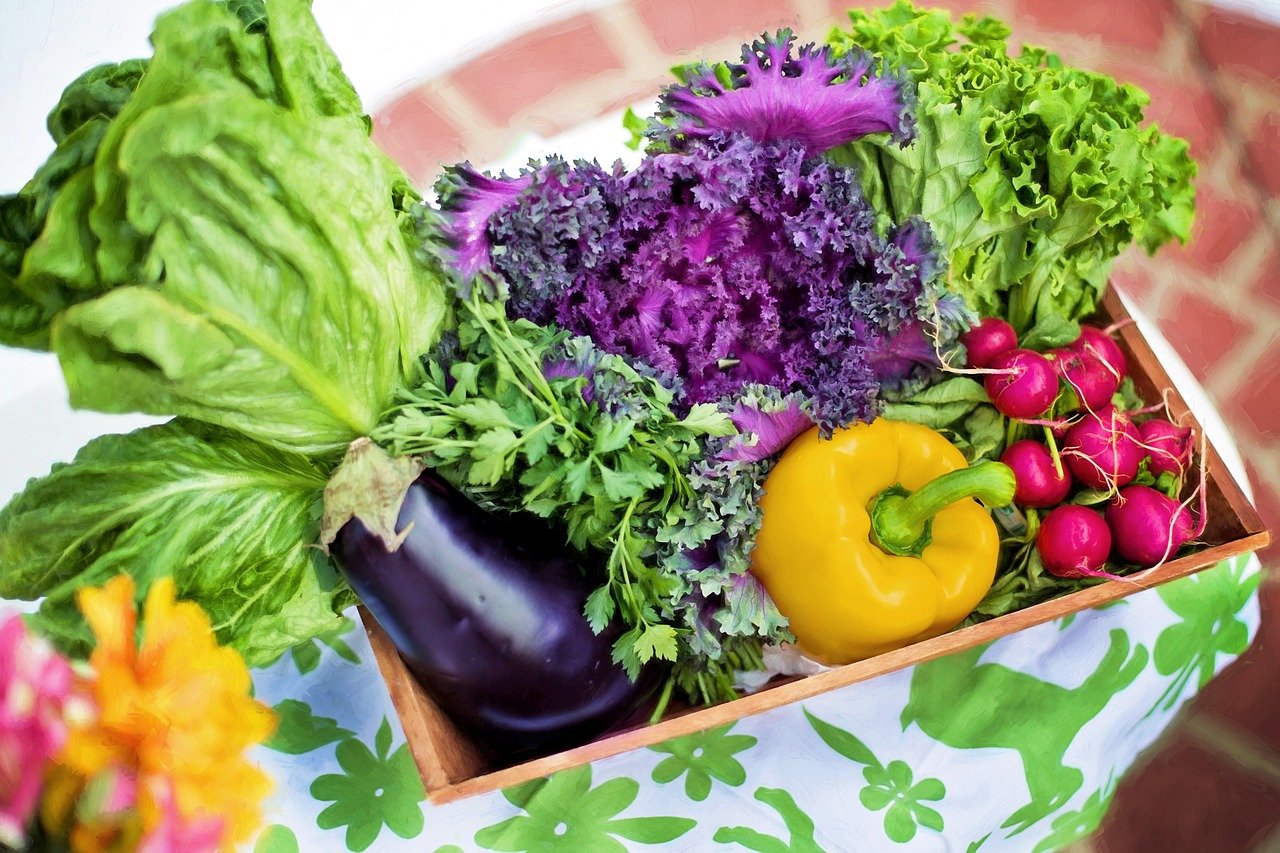
-
- You will be very limited on snack items (if you avoid the expensive free-from range) so you may eat less unhealthy snacks (helping weight loss again).
-
- Due to the limited ready made options, you should end up cooking most meals at home from scratch. This way you’ll know exactly what you’re eating.
-
- You know that you have in no way contributed to the suffering of an animal.
-
- There are links to other health benefits like lowering blood sugar levels, and reducing the risk of poor kidney function.
-
- Eating more vegetables and legumes has been linked to reduced risks of cancer and heart disease. A vegan diet limits your foods so you consume more veg and legumes.
- Consuming more leafy veg and less processed meats will also reduce inflammation levels and help with inflammatory health issues like arthritis.
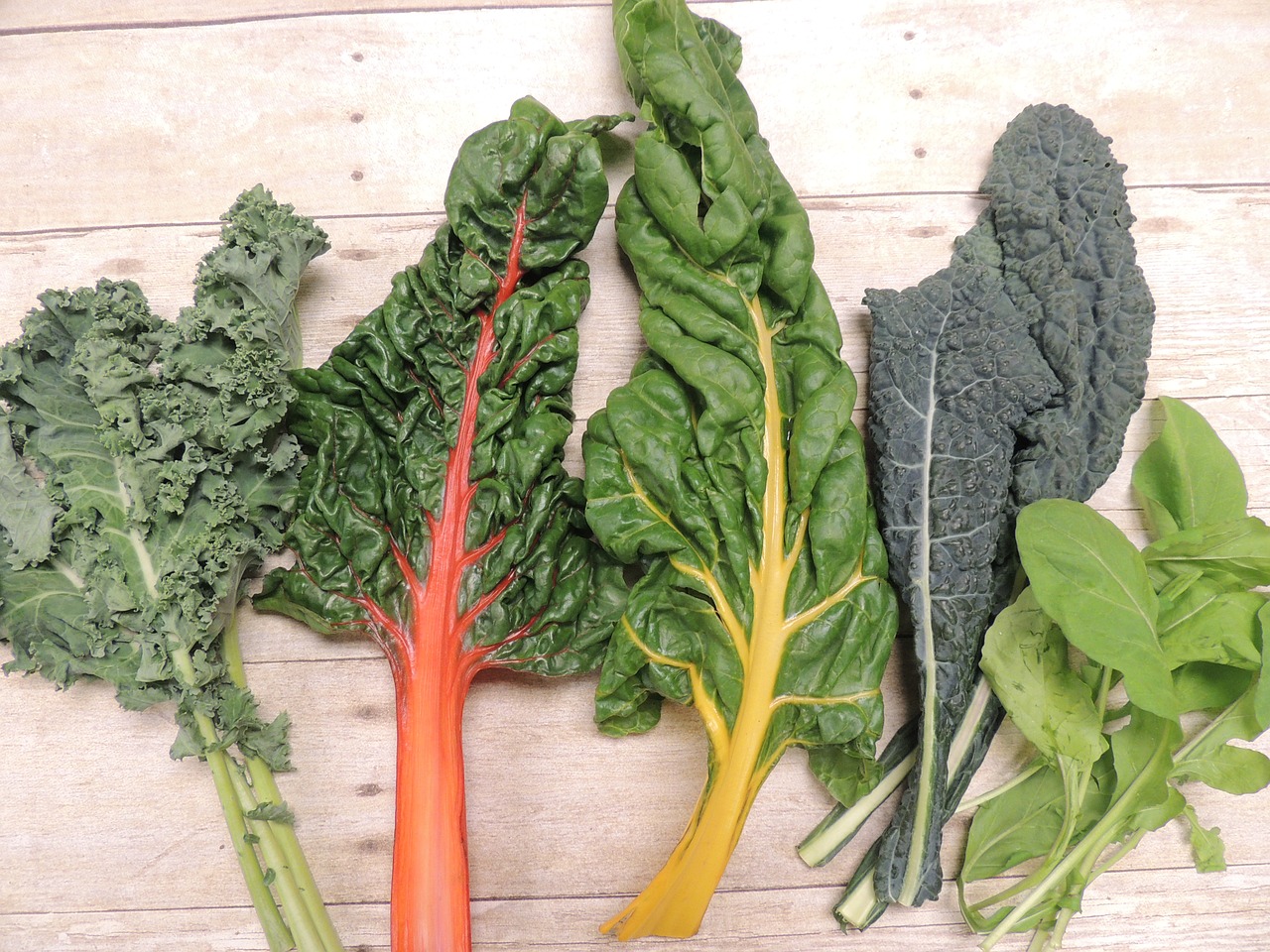
The cons of a vegan diet
-
- Specialist vegan foods can be very expensive, the Free From ranges are often overpriced and you need to be careful as the dairy is often replaced with refined sugars… these could cause weight gain…
-
- If meat and dairy products are replaced with the vegan alternatives, calories could actually increase. You are also more likely to eat more chemicals and salt.
-
- The vegan diet limits a lot of our common protein sources, which can mean we eat too little protein or are missing certain amino acids.
-
- There are a number of vitamins and minerals which are much easier to gain from animal sources. These are calcium, iron, zinc, iodine, essential fatty acids, vitamin B12 and vitamin D. Whilst these can be gained from plant foods, you will need to research these and make sure you plan them in your diet (or take supplements) or you will put yourself at risk of fatigue and anaemia.
-
- It’s difficult to follow. Whilst vegan options are now available on most menus, if you’re not already following a partly vegan diet, you’re going to have to make a huge amount of changes to your diet in a short space of time – which will be really hard to stick to! Why set yourself up for failure?
-
- Upping your intake of veg and beans rapidly is a major shift for your gut bacteria and you are likely to experience a lot of gas and bloating. These generally disappear after about a month, or can be avoided by building up levels more slowly.
-
- The change in diet can interfere with medications, so check with your doctor before embarking on massive changes like this (if you’re taking important medications).
- Replacing all your kitchen staples with vegan alternatives can be costly if you do it in one hit. It’s better to space it out.
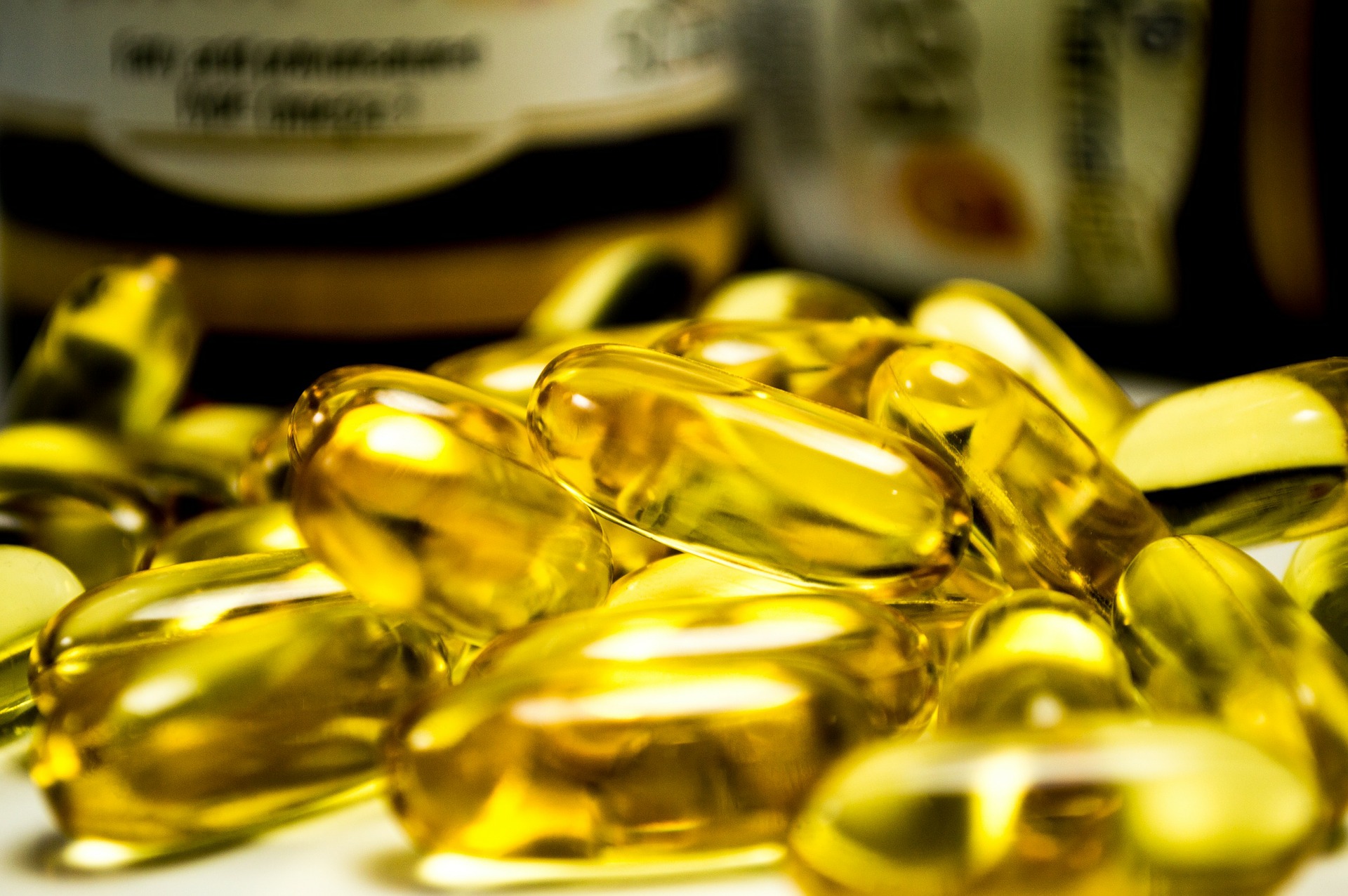
So should you go vegan?
In my opinion, no. Not unless you’re doing it because of your beliefs around animal welfare. If not done with a good understanding of the major food groups, you risk malnutrition so it’s not something to take on lightly. And Vegan ‘meat substitutes’ can contain a lot of additives like sugar and salt, meaning you could be eating a less healthy diet!
Yes, there are reported benefits to eating a vegan diet. But, my belief is that these are mainly because you consume more vegetables and legumes and less processed foods and meats on a vegan diet. We can do this without cutting meat and dairy out entirely!
Personally, I have reduced my meat and dairy intake as a ‘Climate Vegetarian’, but I don’t believe we all need to remove it completely – we do need to reduce our consumption though down to a couple of times a week.
If we all work to reduce our meat and dairy intake each month, demand that the sources of our meat are sustainable and have acceptable standards of care for the animals and land, not only is that a much easier change for ourselves to make, but it will give markets a chance to shift to match demand and help us to ensure that we get all the nutrients we need.
I also believe that we need to make changes to our diets more slowly so that we can steadily build new habits that last without stress, failure and overwhelm. So if you’re doing this to have better health or lose weight, long term, you’re going to be better off reducing your meat this month and taking it slow.
If you want help doing this in a slow and less stressful way, check out my Facebook Community. Or for a set plan to move towards an more eco-friendly way of eating, come check out my membership program, where we work through a couple of steps at a time, at your pace with support.
Some tips to help you become vegan / comply with “Veganuary”
If you do decide to go for it, here are some tips:
-
- Try to eat home cooked meals as much as possible
-
- Take your own snacks out. Many products in the shops contain some sort of animal product. Free From ranges are expensive and often laden with filler products and chemicals like sugar. You’re going to struggle to grab something whilst you’re out and about.
-
- Good snack ideas are things like fruit and nuts, trail mix, baked chickpeas, crudites.
-
- Milks can be swapped for plant-based milks like oat milk
-
- Vegetable oil spreads can be used in place of butter
-
- Check out places you might meet with friends (once we’re free from Covid) online before agreeing to go. You can make sure that there are good vegan options on the menu.
-
- Make sure that you include mushrooms. They are a great source of missing vitamins B12 and D and linseeds for omega 3’s.
-
- Vary your protein sources and try to combine them i.e. beans and bread, or beans and rice. This will help you to get a more complete protein profile and not miss out on any amino acids. Include leafy greens for calcium and iron.
-
- Don’t ramp up the beans, cruciferous veg (broccoli, cauliflower, cabbage, kale, sprouts), onions and garlic too soon to minimise wind issues.

References
[1] Health effects of Vegan diets. American Journal of Clinical Nutrition. May 2009. Winston J Craig Health effects of vegan diets – PubMed (nih.gov)
[2] Vegetarian, vegan diets and multiple health outcomes: A systematic review with meta-analysis of observational studies. Critical reciews in food science and nutrition. Nov 2017. Monica Dinu et al. Vegetarian, vegan diets and multiple health outcomes: A systematic review with meta-analysis of observational studies – PubMed (nih.gov)
[3] A low-fat vegan diet improves glycemic control and cardiovascular risk factors in a randomized clinical trial in individuals with type 2 diabetes. Diabetes care. Aug 2006. Neal D Barnard et al. A low-fat vegan diet improves glycemic control and cardiovascular risk factors in a randomized clinical trial in individuals with type 2 diabetes – PubMed (nih.gov)
[4] Low glycemic index vegan or low-calorie weight loss diets for women with polycystic ovary syndrome: a randomized controlled feasibility study. Nutrition Research. Jun 2014. Gabrielle M Turner-McGrievy et al. Low glycemic index vegan or low-calorie weight loss diets for women with polycystic ovary syndrome: a randomized controlled feasibility study – PubMed (nih.gov)
[5] Vegan Society, The. “Definition of Veganism.” The Vegan Society. Accessed: October 31, 2019.
